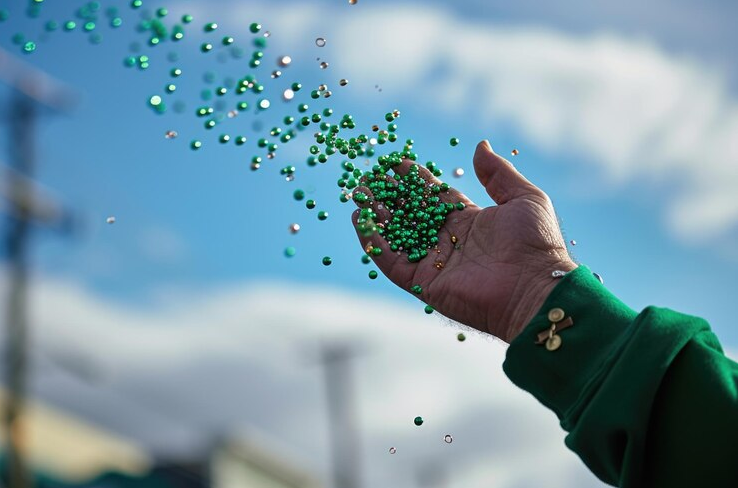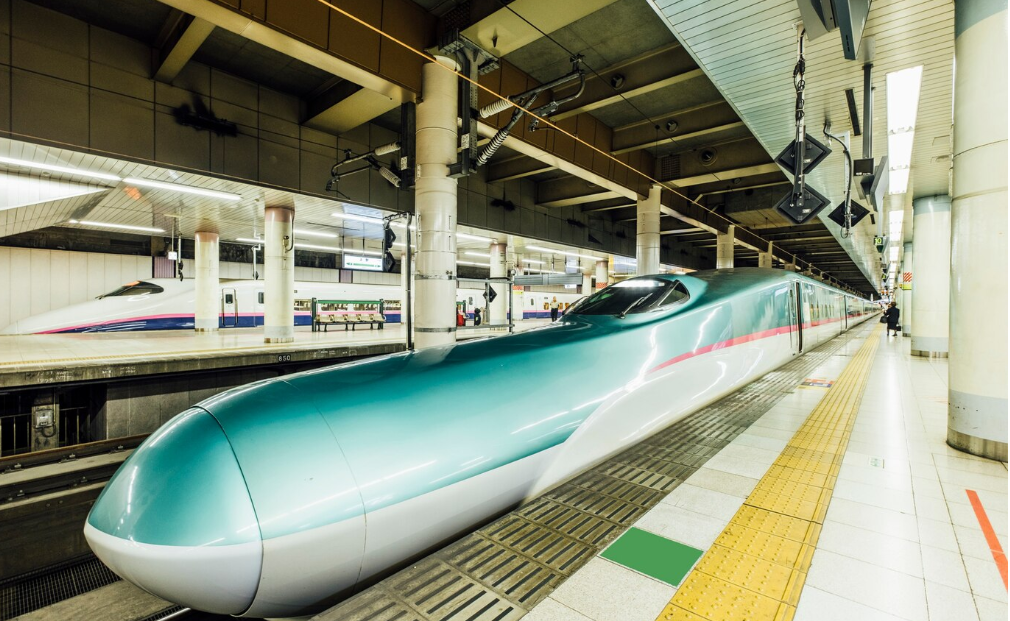Abuja, Nigeria – The United States Ambassador to Nigeria, David Greene, has reaffirmed Nigeria’s growing significance in U.S. foreign policy and economic engagement with Africa. Speaking at a U.S.-Nigeria bilateral business forum in Abuja, the Ambassador emphasized that Nigeria is now the second-largest U.S. trade partner in Africa, with bilateral trade valued at over $13 billion in 2023.
This development underscores Nigeria’s strategic position not only as Africa’s largest economy but also as a key partner in global trade, energy cooperation, and regional security.
U.S.-Africa Policy: Nigeria at the Forefront
Ambassador Greene noted that Nigeria plays a pivotal role in the Biden administration’s renewed U.S.-Africa strategy, which aims to strengthen democratic institutions, promote sustainable development, and deepen economic partnerships.
“Nigeria is not just important to Africa it’s essential to the global economy,” Greene stated. “Our bilateral relationship is anchored in shared democratic values, mutual economic interests, and a commitment to regional peace and prosperity.”
This aligns with the U.S.-Africa Leaders Summit Declaration and the Prosper Africa Initiative, which aim to double two-way trade and investment between the U.S. and African nations.
Bilateral Trade Figures and Key Sectors
According to the Office of the United States Trade Representative (USTR), total goods trade between the U.S. and Nigeria reached $13 billion in 2023, comprising exports worth $5.5 billion and imports totaling $7.5 billion.
Key export items from the U.S. to Nigeria include:
-
Machinery and industrial equipment
-
Vehicles and aircraft parts
-
Agricultural products and pharmaceuticals
Meanwhile, U.S. imports from Nigeria are primarily:
-
Crude oil and petroleum products
-
Natural gas
-
Agricultural raw materials
This energy-heavy trade structure reflects Nigeria’s status as one of the largest oil producers in Africa and a critical supplier of energy to global markets, particularly amid geopolitical tensions in Eastern Europe and the Middle East.
Investment and Development Initiatives
Beyond trade, the U.S. is ramping up investment in Nigerian infrastructure and entrepreneurship. Through programs like:
-
Power Africa
-
Feed the Future
-
U.S. International Development Finance Corporation (DFC) initiatives
-
The U.S. Trade and Development Agency (USTDA)
Washington is facilitating private sector growth, energy access, digital innovation, and agricultural resilience in Nigeria.
Recent U.S. support for Nigerian-led tech startups and clean energy projects also highlights the shift toward sustainable economic partnerships rather than aid-driven relationships.
Security and Governance
In addition to commerce, the U.S. continues to support Nigeria in its fight against terrorism and violent extremism, particularly in the northeast. Military cooperation, counterterrorism training, and humanitarian aid remain focal points of the strategic partnership.
“Security and prosperity go hand in hand. The U.S. is committed to helping Nigeria strengthen its democratic institutions and security capabilities,” said Ambassador Greene.
Looking Ahead
As Nigeria continues to position itself as Africa’s economic and political powerhouse, its partnership with the United States is set to deepen. The upcoming Nigeria-U.S. Trade and Investment Dialogue scheduled later this year is expected to explore new areas for collaboration, including:
-
Renewable energy
-
Digital transformation
-
Pharmaceutical production
-
Creative and cultural industries
Final Word
With bilateral trade figures on the rise and diplomatic ties strengthening, Nigeria stands at the center of U.S. engagement with Africa, offering vast opportunities for mutual growth. Analysts agree that how Nigeria manages its domestic reforms, security challenges, and investment climate will determine the sustainability of this crucial partnership.
For continuous updates on Nigeria’s role in international affairs and U.S. relations, visit Xamblog.com.
Last Updated on June 9, 2025 by kingstar





